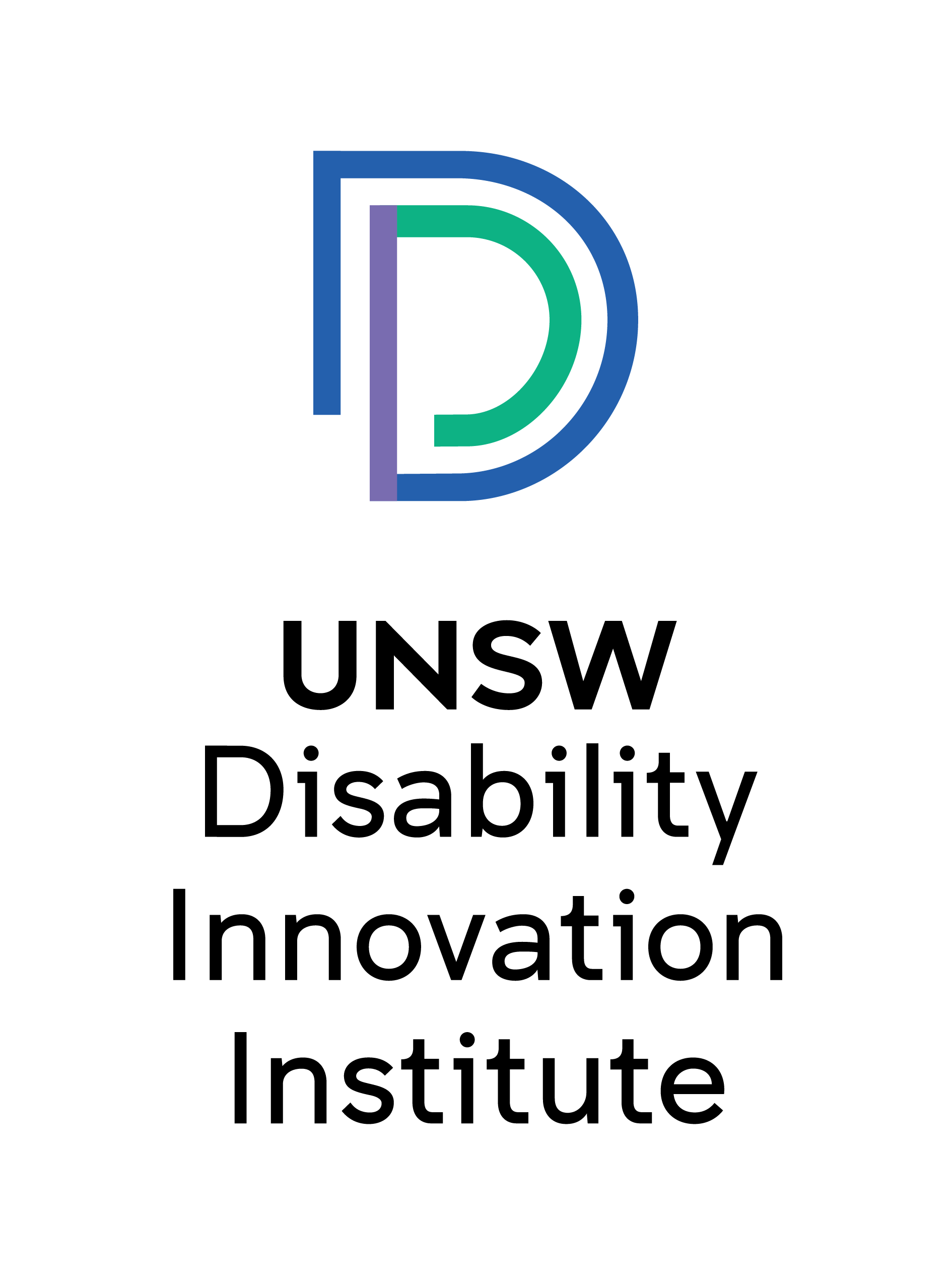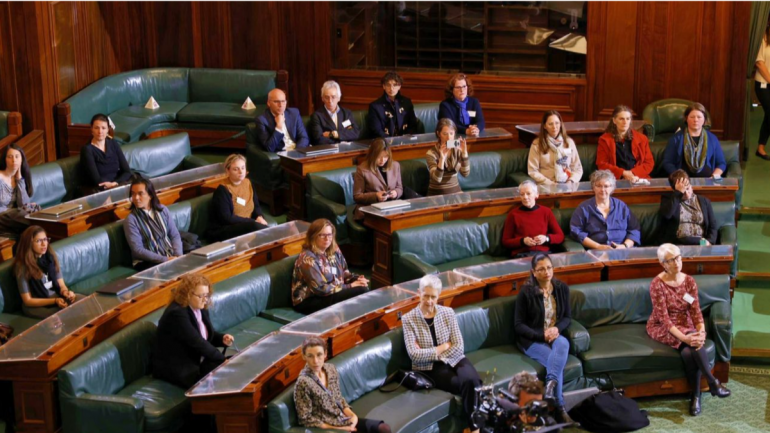The possibility of manipulating the genetic makeup of living organisms has been discussed for many decades but always remained in the realm of science fiction, largely because the available methods were inefficient and unpredictable. Very recent developments now make it feasible to ‘edit’ genomes, that is change the DNA sequences that constitute genes, much more accurately and effectively than ever before. Some kinds of genome editing are heritable, since changes introduced into the genetic makeup of the individual will be permanent and will be transmitted to their offspring as well. The potential this opens up for research, food production, and medicine, are immense – and so are the associated ethical issues.
Over the last few years, the enormous power of genome editing has been widely recognised and led to an emerging consensus that it should not be used clinically without a broad and inclusive public debate about what it should be used for, and how to regulate it. Several countries have initiated public consultations and deliberations; the Australian Citizens’ Jury on Genome Editing is one of these. It was co-organised by the Centre for Law and Genetics at the University of Tasmania in collaboration with the Centre for Deliberative Democracy and Global Governance at the University of Canberra. The Jury itself consisted of 23 people drawn from across Australia. Over four days they were able to gather information and evidence from and put questions to various experts in the genome editing field. DIIU Director Jackie Leach Scully was invited to discuss the ethical implications of heritable genome editing for people with disability.
Ethical concerns about manipulating the genomes of human beings reflect the complexity – and sometimes ambiguity – of our attitudes towards disability and disabling illness. Indeed, these concerns are serious enough that heritable editing of human genomes is currently illegal around the world. All genetic or genomic medicine aims to cure or mitigate the effects of conditions caused by particular identified genes. Heritable human genome editing would aim to eradicate a gene or genes associated with a disabling condition. On the face of it this seems clearly and unequivocally beneficial; in reality many people with disability and their representative organisations are worried about the impact on societal attitudes if human genome editing to prevent disability becomes widely accepted. For example: could the promise of ‘correcting’ genetic defects lead to decreased tolerance for difference and diversity in general, and less willingness to support disabled people and their families? Might genome editing generate new social inequities, between those who have access to what will undoubtedly be an expensive new intervention, and those who don’t? And although genome editing is presented as increasing parental choice, might societal pressures to use genome editing be so great that its use can’t genuinely be described as freely chosen?
These were some of the questions that Jackie presented to the Jury to guide their deliberations. The Jury is currently refining its recommendations, and in due course we will be able to report more fully on what they say and the implications for disability. In the meantime, here is Jackie’s presentation in PDF.


